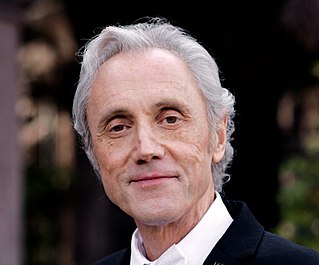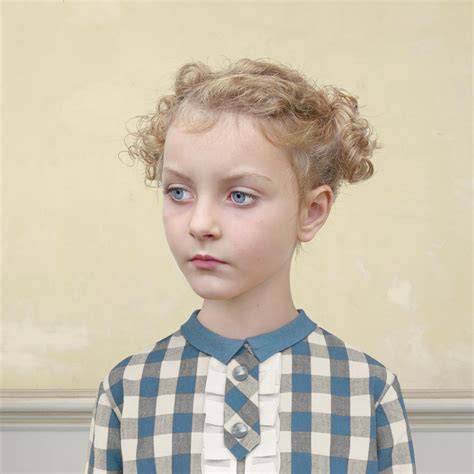A Quote by Carl Jung
The best political, social, and spiritual work we can do is to withdraw the projection of our shadow onto others.
Quote Topics
Related Quotes
Jung first gave us the term ‘shadow’ to refer to those parts of our personality that have been rejected out of fear, ignorance, shame, or lack of love. His basic notion of the shadow was simple: ‘the shadow is the person you would rather not be.’ He believed that integrating the shadow would have a profound impact, enabling us to rediscover a deeper source of our own spiritual life. ‘To do this,’ Jung said, ‘we are obliged to struggle with evil, confront the shadow, to integrate the devil. There is no other choice.’
Political philosophy is realistically utopian when it extends what are ordinarily thought to be the limits of practicable political possibility and, in so doing, reconciles us to our political and social condition. Our hope for the future of our society rests on the belief that the social world allows a reasonably just Society of Peoples.
I am very much into politics, but what interests me is sacred principles applied to that area. You know, many people are interested in alternative health who are never going to become doctors, or practitioners. That is how I am about politics. I am interested in the intersection of the Spiritual and the political - how spiritual principles apply to the social and political issues of our day. For me, the spiritual realm, is a more powerful place to speak from on those issues.
Our scientific power has outrun our spiritual power. We have guided missiles and misguided men. Our hope for creative living lies in our ability to reestablish the spiritual needs of our lives in personal character and social justice. Without this spiritual and moral reawakening we shall destroy ourselves in the misuse of our own instruments.
We don't need to shift our responsibilities onto the shoulders of some deified Spiritual Superman, or sit around and wait for Fate to come knocking at the door. We simply need to believe in the power that's within us, and use it. When we do that, and stop imitating others and competing against them, things begin to work for us.
People on a spiritual path - personal growth, spiritual practice, recovery, yoga and so forth - are the last people who should be sitting out the social and political issues of our day. And there’s an important reason for this: People on such journeys are adepts at change. They know that the mechanics of the heart and mind are the fundamental drivers of transformation.
Human beings are not intrinsically selfish, which isolates us from others. We are essentially social animals who depend on others to meet our needs. We achieve happiness, prosperity and progress through social interaction. Therefore, having a kind and helpful attitude contributes to our own and others' happiness.
Childhood has been idealised as a lost garden paradise to which we can never return. We are excluded from this world of carelessness, innocence and unity. But the imaginary kingdom is nothing more than a projection of adult ideas and concerns onto the image, an expression of our own yearnings. By photographing children alone, divorced from any social setting, I allow them to exist on their own...I am exploring the equivocal connection between self and world.
I mean, what is racism? Racism is a projection of our own fears onto another person. What is sexism? It's our own vulnerability about our potency and masculinity projected as our need to subjugate another person, you know? Fascism, the same thing: People are trying to untidy our state, so I legislate as a way of controlling my environment.
The Social Citizen is the best, most thorough, and most methodologically sophisticated treatment of the role of social networks in political behavior that I have ever read. Betsy Sinclair shows just how strongly we are influenced to express ourselves politically by our family, neighbors, and friends. We are on the verge of a sea change in political science, and this will be one of the most important books we refer to when we describe what happened to the discipline in the twenty-first century.
































